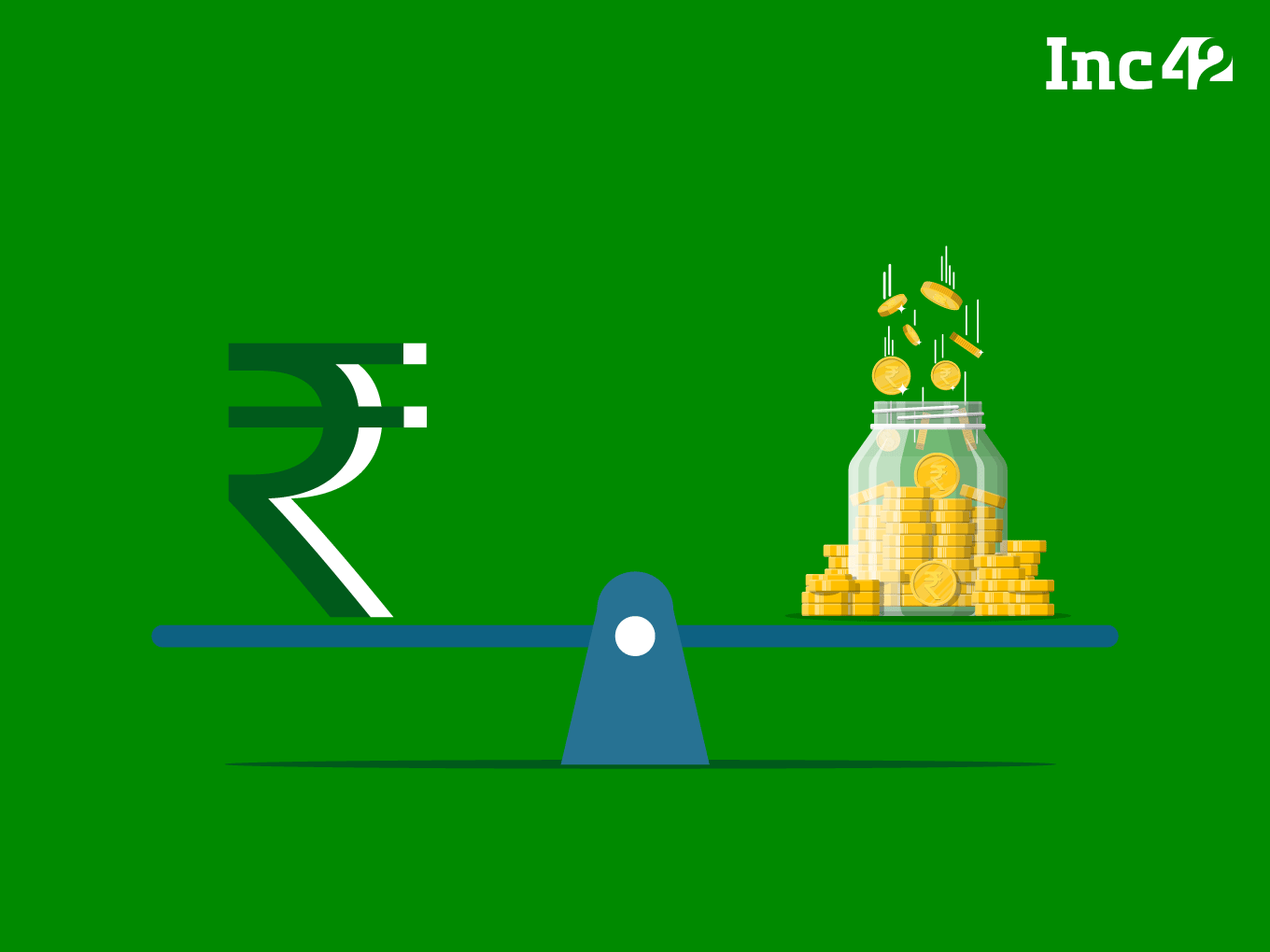What Are Flat Rounds?
Flat rounds refer to investment rounds in which a company raises capital at a valuation that is roughly the same as or very similar to the valuation it had in its previous funding round.
In other words, the company’s valuation remains relatively unchanged, resulting in flat or stable pricing for the company’s equity or securities.
What Is A Flat Round Investment?
A flat round investment occurs when a company secures funding from investors without a significant increase in its valuation. The investment amount and terms may change, but the company’s value remains relatively stable compared to the previous funding round.
Flat rounds can occur for various reasons such as when a company is in a challenging market or facing difficulties that are preventing it from commanding a higher valuation.
What Is An Example Of A Down Round?
A down round is a funding round in which a company raises capital at a lower valuation than it had in a previous round. For example, if a startup raised $10 Mn at a valuation of $50 Mn in its Series A round but later had to raise additional funds at a valuation of $30 Mn in its Series B round, the Series B round would be considered a down round.
However, in an up round, a company raises capital at a higher valuation than it had acquired in a previous funding round.
What Are Private Rounds?
“Private rounds” typically refer to fundraising activities conducted by private companies that are not publicly traded on stock exchanges. In private rounds, companies seek investment from private investors or institutional investors, and these rounds often involve the sale of equity, debt, or other securities to raise capital.
Private rounds are a common method for early-stage startups and private companies to secure funding for growth and expansion.
What Are The Benefits Of A Down Round?
Down rounds are generally not viewed as beneficial for a company or its existing shareholders because they indicate a decline in the company’s valuation. However, there are potential reasons why a down round may be pursued or considered advantageous in certain situations:
Survival: A down round can provide a company with much-needed capital to survive and continue operations when facing financial challenges.
Attracting New Investors: A down round may attract new investors who see the company as undervalued and are willing to invest at a lower price, potentially leading to future gains.
Reset Expectations: A down round can help reset expectations and make the company’s valuation more realistic, which may lead to a stronger foundation for future growth.
Reducing Overvaluation: In some cases, down rounds can correct previous overvaluations, bringing a company’s valuation more in line with its true market value.








